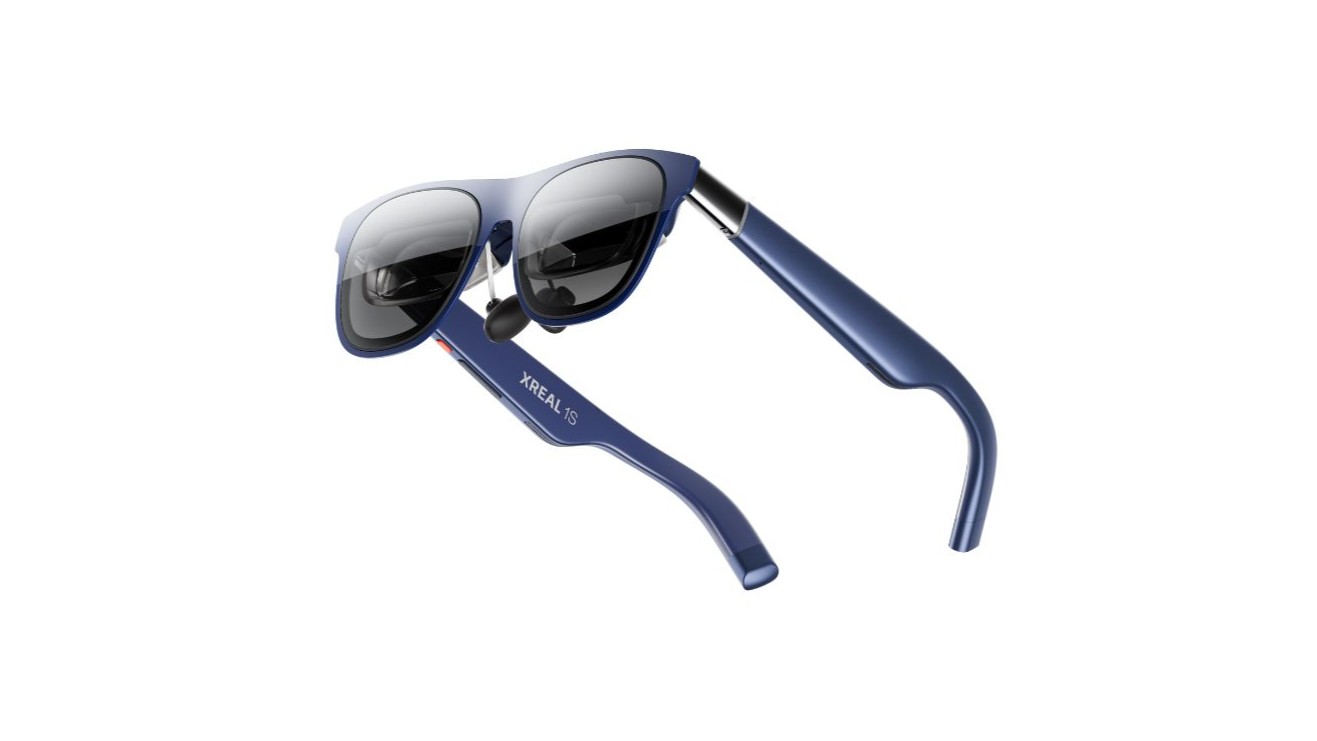Should you buy a Samsung Galaxy S20 in 2022?
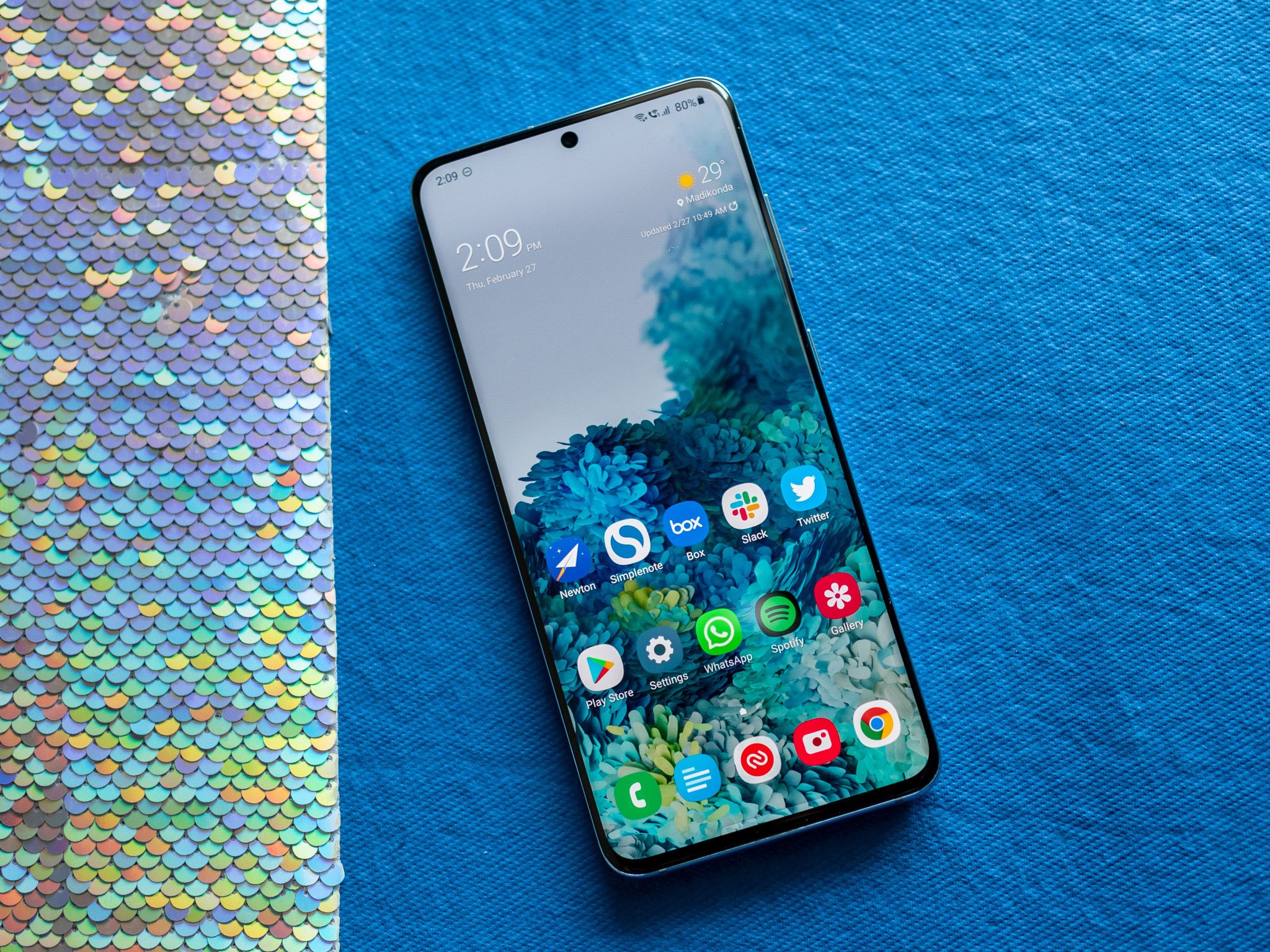
Best answer: The Galaxy S20 is still a great option in 2021, despite being replaced by the Galaxy S21. However, the biggest consideration you'll need to make is whether you're OK with buying refurbished or renewed.
The Galaxy S20 is still quite powerful in 2021
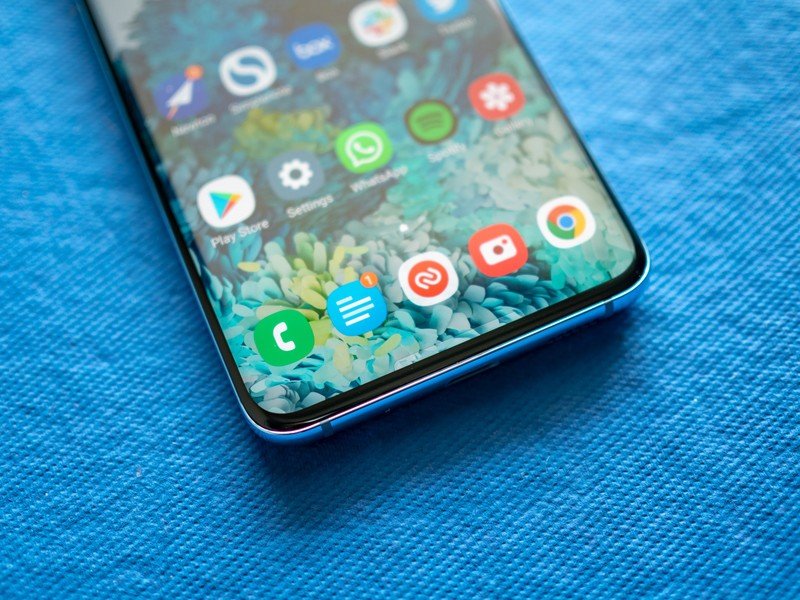
Looking at Samsung's current lineup of phones, it's hard to ignore the company's 2020 flagship in the Samsung Galaxy S20. However, even with the Galaxy S21 being available for more than six months at this point, the Galaxy S20 has a few features that you won't find on the 2021 version.
These include things like the Magnetic Secure Transmission (MST) feature for payments, which allows your phone to trick a payment terminal into thinking that you actually swiped a card. Unfortunately, the feature was removed from the Galaxy S21 lineup, which was arguably the biggest reason for using Samsung Pay over Google Pay or any other mobile payment options.
The Galaxy S20 supports MST for Samsung Pay and is one of the last Samsung phones to sport a microSD card.
Another feature that the Galaxy S20 offers that the S21 doesn't is expandable storage. After removing the microSD card slot, Samsung has joined the rest of the pack with the S21, ditching the ability to add storage after being one of the last holdouts. It's really not as big of a deal as it used to be, but considering that the Galaxy S20 is "limited" to just 128GB, having the option to add more storage is a great quality-of-life feature.
Revisiting the specs for a moment, the S20 is powered by the Snapdragon 865 along with 12GB of RAM, unless you are considering the Cloud White Verizon model (limited to 8GB). The Snapdragon 865 is still quite capable, even though it's been replaced twice at this point. First, by the Snapdragon 865+, which powered the Galaxy Note 20 line, then by the Snapdragon 888 SoC found in the Galaxy S21 series.
Another area where the S20 excels is the display, as it offers a slightly higher resolution, coming in at 3200x1400, compared to the 2400x1080 found on the Galaxy S21. Of course, you'll still get Samsung's Dynamic AMOLED display with the super-fast 120Hz refresh rate, although the 120Hz refresh rate won't be accessible unless you bump the resolution down to 1080p on the S20.
Get the latest news from Android Central, your trusted companion in the world of Android
Should you buy a Samsung Galaxy S20 refurbished?
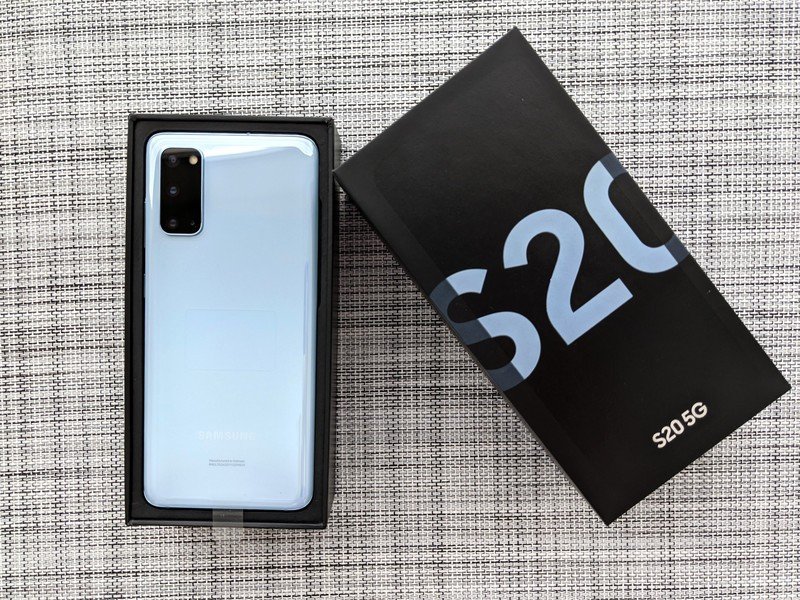
One of the biggest reasons why we recommend snagging the Galaxy S20 for your next phone is thanks to Samsung itself. The company recently added the Galaxy S20 series to its "Certified Re-Newed" program. This means that although you won't be getting a brand new phone, these Re-Newed devices have been refurbished to "like-new condition." The process includes replacing the battery while ensuring that the various sensors and features are still in working order.
But the biggest benefit of going down this route is if you have an old phone to trade-in. For example, the regular price of the Galaxy S20 comes in at $650, but if you have a phone to trade-in, you can get the Galaxy S20 for as low as $250. That's a seriously insane price for a phone that's a little over one year old and could still be considered as one of the best Android phones. Getting a flagship experience for under $300 is incredible and is something you should definitely take advantage of if you want to trade in your current device.
Because Samsung no longer makes the Galaxy S20, trying to find the device in "new" condition will be rather difficult. But if you're okay with getting a refurbished phone, then the Galaxy S20 is a fantastic option for your next phone.
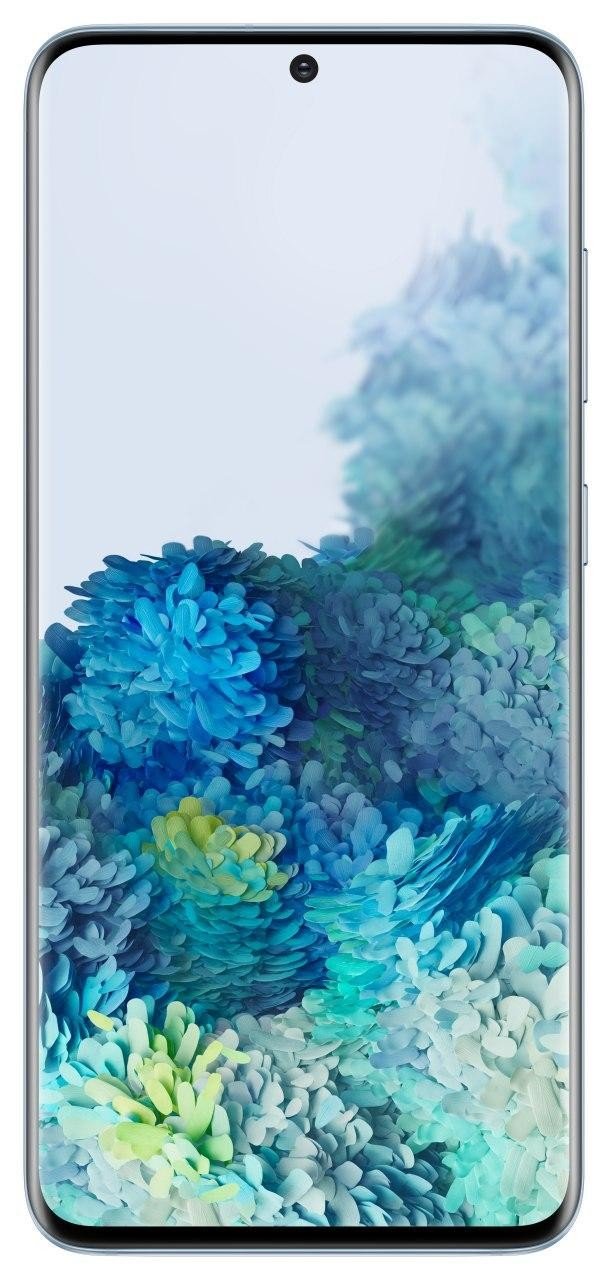
Still worthy of consideration
Samsung's Galaxy S20 is still a beast of a phone, despite being succeeded by the Galaxy S21. The phone will receive a few more major software updates and features a sleek design that still holds up today. The only downside is that you'll need to go down the refurbished or renewed route.

Andrew Myrick is a Senior Editor at Android Central. He enjoys everything to do with technology, including tablets, smartphones, and everything in between. Perhaps his favorite past-time is collecting different headphones, even if they all end up in the same drawer.
